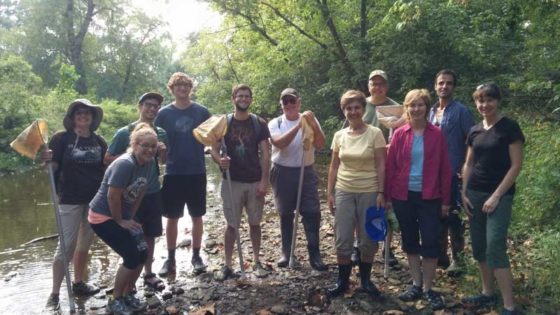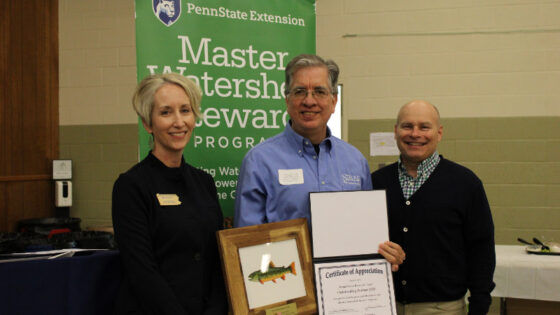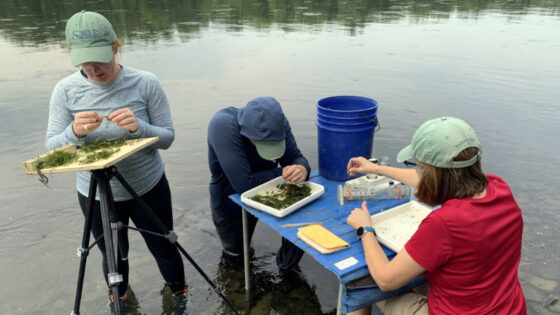Matthew Ehrhart, Stroud Water Research Center’s director of watershed restoration, testified before the Pennsylvania House Environmental Resources and Energy Committee in Harrisburg on October 2 during a hearing about House Bill 1275.
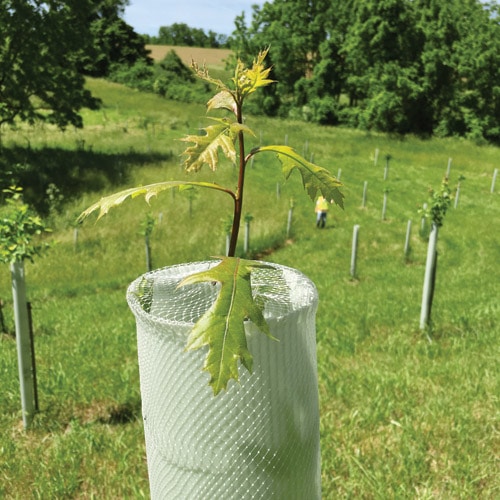
The bill would set minimum-feet requirements for streamside forests, also known as riparian buffers, and authorize local governments and the Pennsylvania Department of Environmental Protection to protect buffers. It would also allow for exemptions.
Ehrhart’s testimony and presentation focused on what Stroud Center scientists have learned by studying the impact trees can have on stream water quality, wildlife habitat, and flood reduction.
“Riparian buffers, the corridors of land alongside our rivers and streams, occupy a very small piece of the landscape but provide critically important services to our communities and functions for our freshwater ecosystems,” he said.
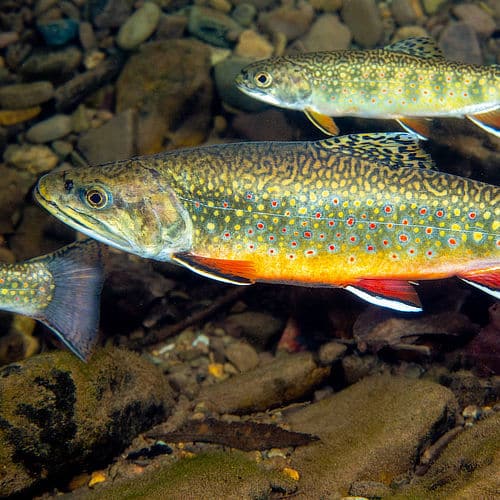
In addition to their ability to filter nutrients and sediment out of streams, Ehrhart explained that trees protect fish and other animals from heat, add food and habitat to streams, reduce flood risk to nearby buildings, and build climate resilience.
Other speakers included Maya van Rossum, Delaware riverkeeper, Delaware Riverkeeper Network; Ryan Davis, senior forests projects manager, Alliance for the Chesapeake Bay; Roland Wall, senior director for environmental incentives, The Academy of Natural Sciences, Drexel University; Stephen Fleming, P.E., president, Biltbold Building Company; and Emily Baldauff, mid-Atlantic organizer, Trout Unlimited.
Learn more!
- Watch the livestreamed hearing recorded October 2, 2023.
- How Many Trees Does It Take to Protect a Stream?

